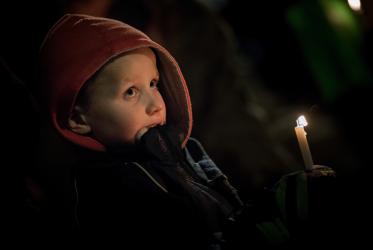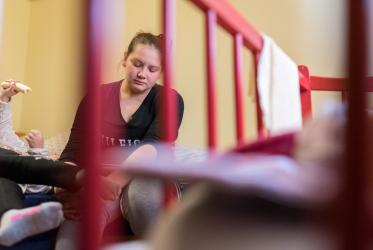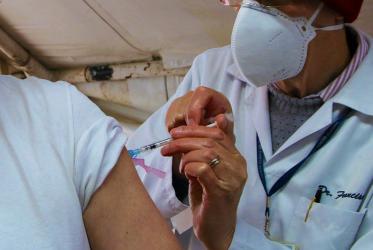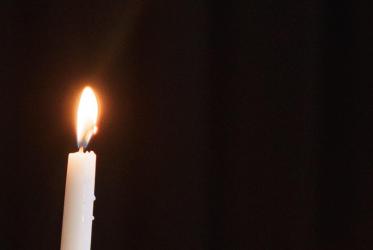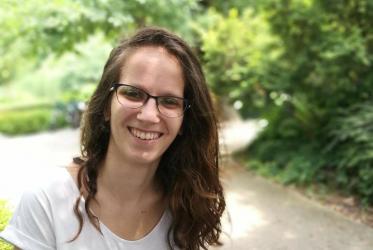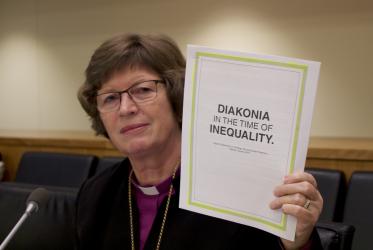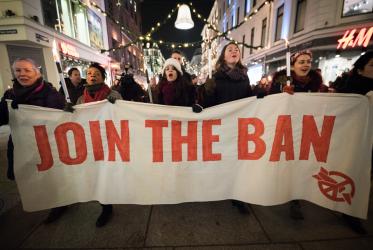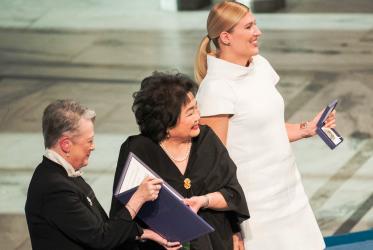Displaying 1 - 20 of 34
Morning Prayer for Monday, 12 April 2021
12 April 2021
A visionary missionary heads home
25 March 2020
WCC well-represented in Religions for Peace leadership
07 October 2019
Sustainable resourcing for sustainable development
05 February 2019
All pilgrim routes lead to COP24
11 December 2018
Peacemaking “a great and compelling life task”
09 December 2017
Norwegian visit enriches ecumenical experience
28 September 2017
Churches in Norway and Pakistan break new ecumenical ground
26 January 2017
